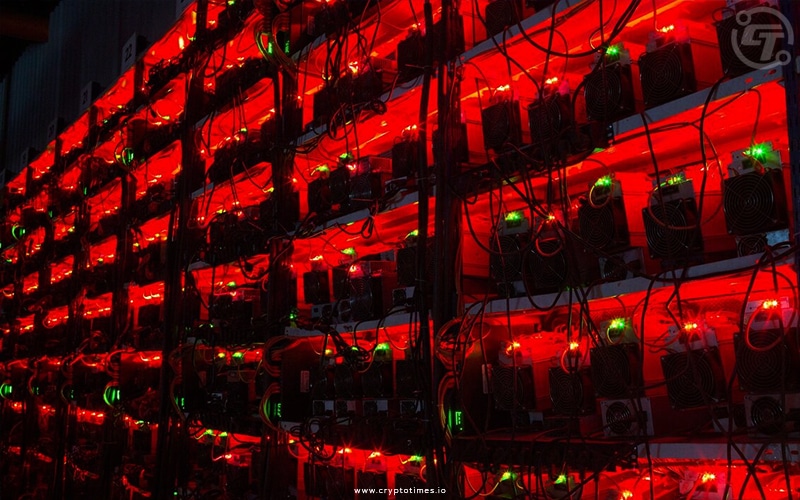Proposed legislation in Paraguay seeks to ban crypto mining due to concerns over power theft and grid disruptions. The bill, introduced on April 4, could result in significant economic losses exceeding $200 million annually.
This estimation was provided by Jaran Mellerud, co-founder of Hashlabs Mining, who factors in the operating expenses of legal miners, assuming they pay $0.05 per kWh and collectively utilize 500 MW of power.
Despite Paraguay’s modest population of 6.8 million and GDP ranking 94th globally at $41.7 billion, the crypto-mining industry has played a crucial role in its trade balance. Mining firms must register and gain approval from the Ministry of Industry and Commerce.
Notably, Marathon Digital Holdings, a major player in the industry, has already begun deploying significant resources, including 27 megawatts near the Itaipu hydroelectric plant last November.
The proposed ban, lasting 180 days or until new regulations are in place and sufficient energy supply is ensured, could disrupt this burgeoning sector and its positive economic impact on Paraguay.
The Itaipu dam, fulfilling Paraguay’s energy demands, attracts miners now paying slightly higher rates for Bitcoin mining. However, 50 instances of power disruption since February, attributed to unauthorized cryptocurrency mining, alarm legislators.
Each illicit operation, as per the National Electricity Administration, incurs losses averaging $94,900. The Alto Paraná region, home to Itaipu, faces annual losses nearing $60 million due to these activities.
Also Read: Pennsylvania Environmentalists Sue Crypto Mining Company







